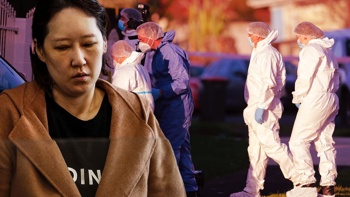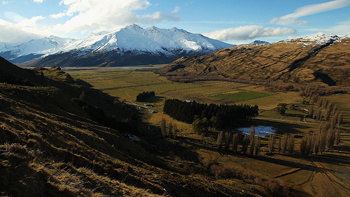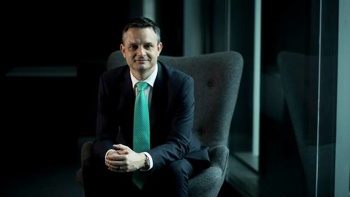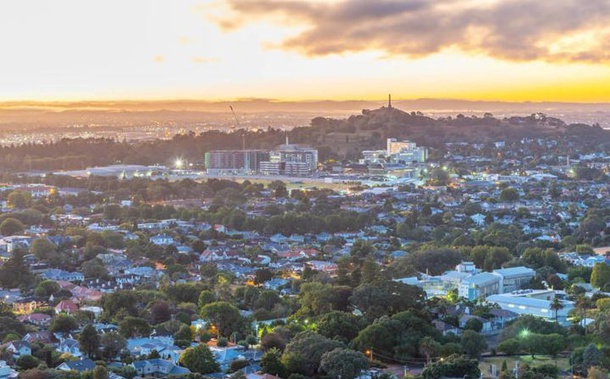
There are strong signs Auckland has reached the peak of Omicron Covid-19 case numbers, a modeller says, but hospitalisations and other regions' cases are not there yet.
Canterbury University epidemic modeller Michael Plank said he is confident community cases in the Auckland region will edge down from here, but that hospitalisations will be slower to decline.
Community case numbers in the supercity have been falling slowly: 6077 were reported yesterday, which is down from 7240 the day before and less than half the number reported some days last week.
Plank, who is a maths professor, said hospitalisations lag behind community cases and are expected to continue rising before they begin slowly decreasing.
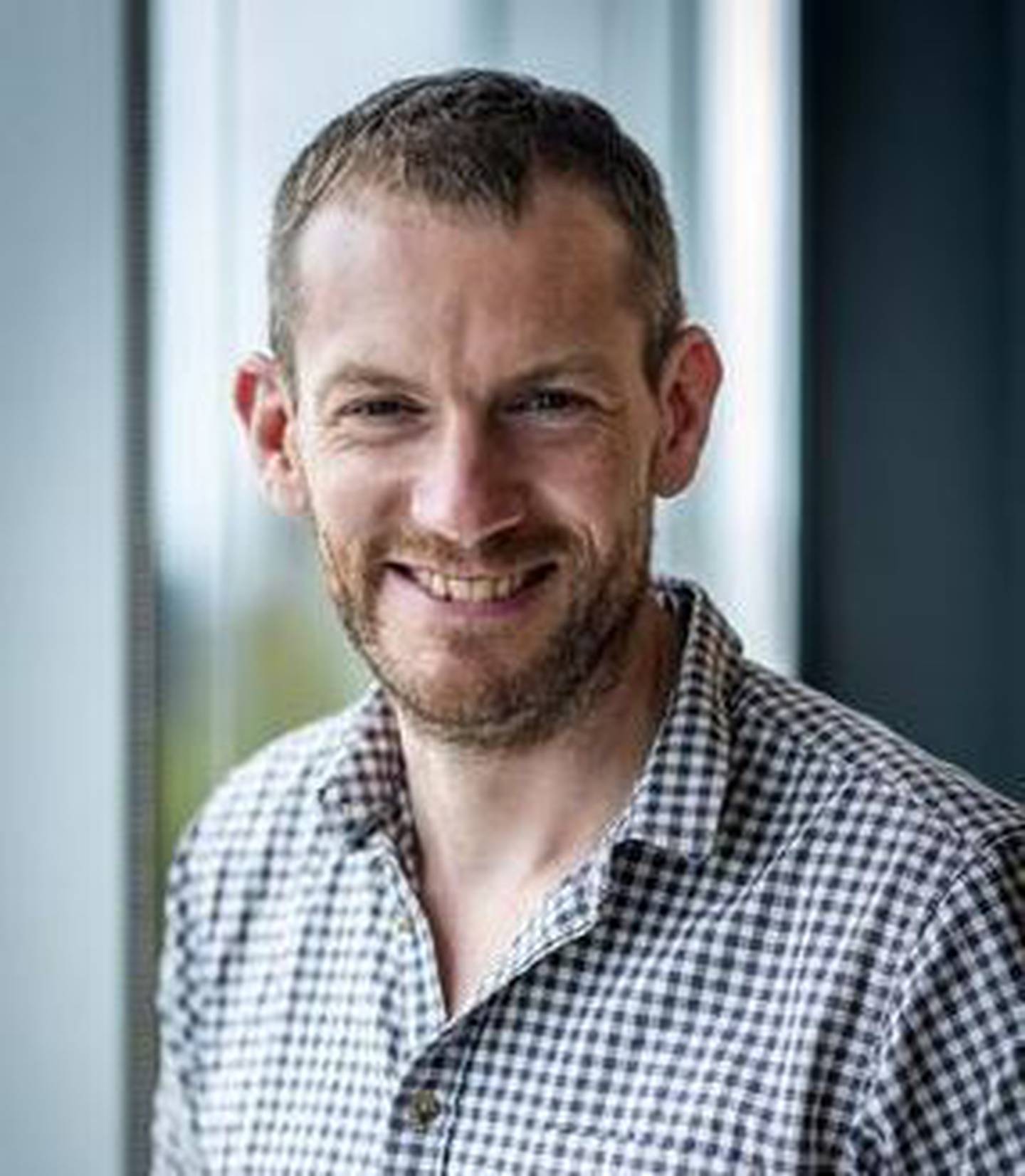
Michael Plank. Photo / Supplied
He expects other regions' case numbers will follow Auckland, and will peak in about a week.
"Places that are relatively close to Auckland, like Hamilton, Tauranga, are probably not too far behind.
"But then places that are a bit further afield, Wellington and the South Island are probably a week or a week and a half behind Auckland."
On Friday, Auckland health authorities also said they were beginning to see signs of a peak.

Anyone who still has symptoms after their seven days of isolation is done must still continue to isolate until 24 hours after their symptoms are gone. Photo / 123RF
Shorter home isolation requirement welcomed
A community health provider says a reduction in home isolation will help ease the burden for struggling families.
On Friday the isolation period for cases and household contacts became one week – down from 10 days.
However, anyone who still has symptoms after their seven days of isolation are done must still continue to isolate until 24 hours after their symptoms are gone.
The Fono chief operating officer Tevita Funaki welcomed the change and said it was pragmatic.
Many families face challenges with home isolation and are desperate to get back to work and to get children back to school as soon as possible, Funaki said.
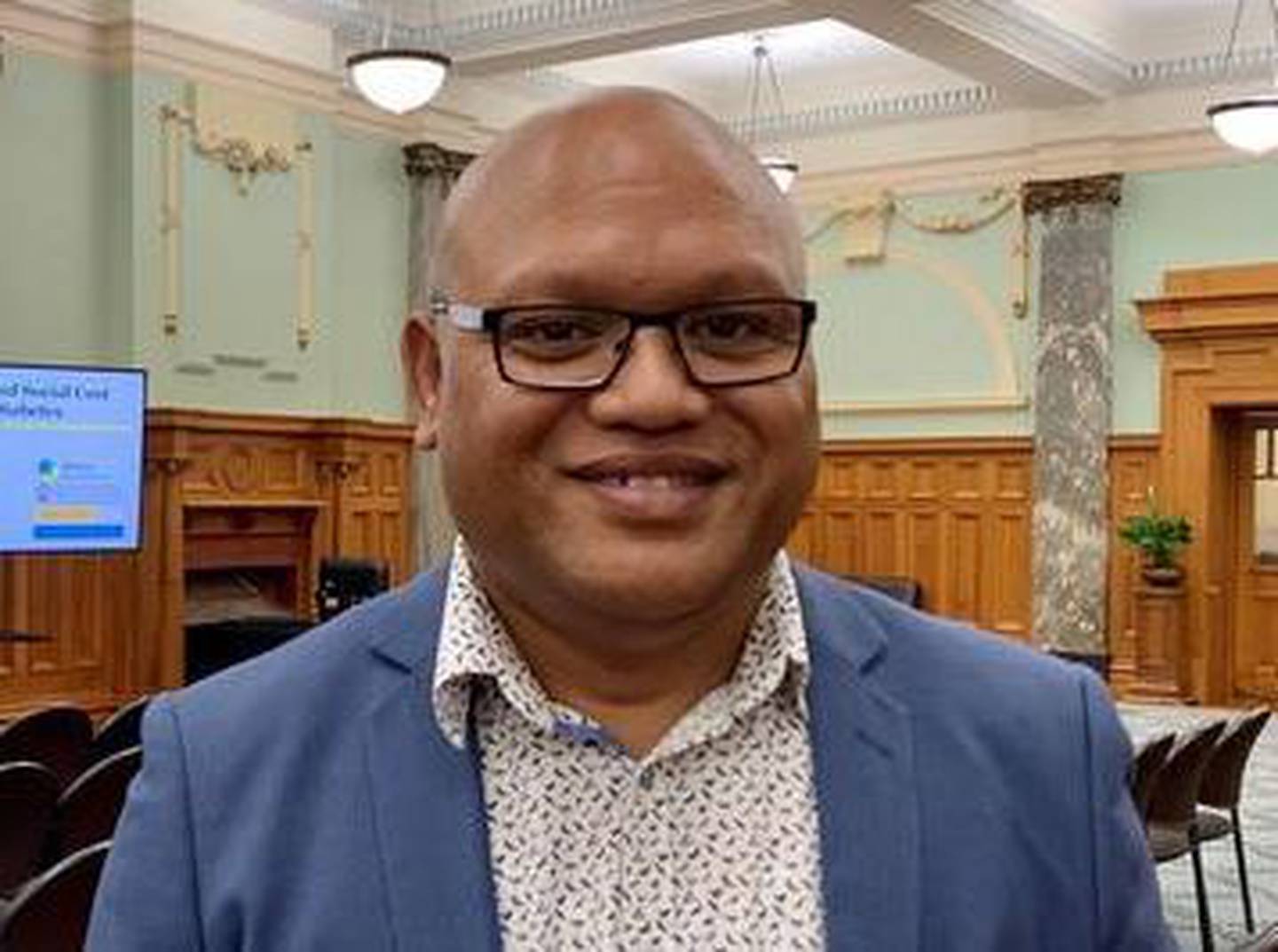
The Fono's Tevita Funaki. Photo / Dominic Godfrey
"There's a level of anxiety [around] isolating at home, and understanding Pacific – we have quite a number of families that are overcrowding in homes."
- RNZ
Take your Radio, Podcasts and Music with you







